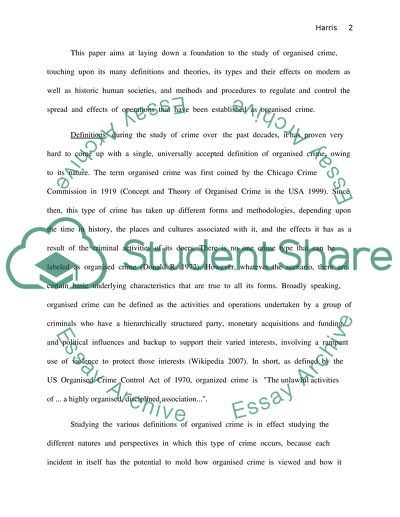Cite this document
(“Crime in Context (SC2032C) Essay Example | Topics and Well Written Essays - 2000 words”, n.d.)
Crime in Context (SC2032C) Essay Example | Topics and Well Written Essays - 2000 words. Retrieved from https://studentshare.org/miscellaneous/1523399-crime-in-context-sc2032c
Crime in Context (SC2032C) Essay Example | Topics and Well Written Essays - 2000 words. Retrieved from https://studentshare.org/miscellaneous/1523399-crime-in-context-sc2032c
(Crime in Context (SC2032C) Essay Example | Topics and Well Written Essays - 2000 Words)
Crime in Context (SC2032C) Essay Example | Topics and Well Written Essays - 2000 Words. https://studentshare.org/miscellaneous/1523399-crime-in-context-sc2032c.
Crime in Context (SC2032C) Essay Example | Topics and Well Written Essays - 2000 Words. https://studentshare.org/miscellaneous/1523399-crime-in-context-sc2032c.
“Crime in Context (SC2032C) Essay Example | Topics and Well Written Essays - 2000 Words”, n.d. https://studentshare.org/miscellaneous/1523399-crime-in-context-sc2032c.


